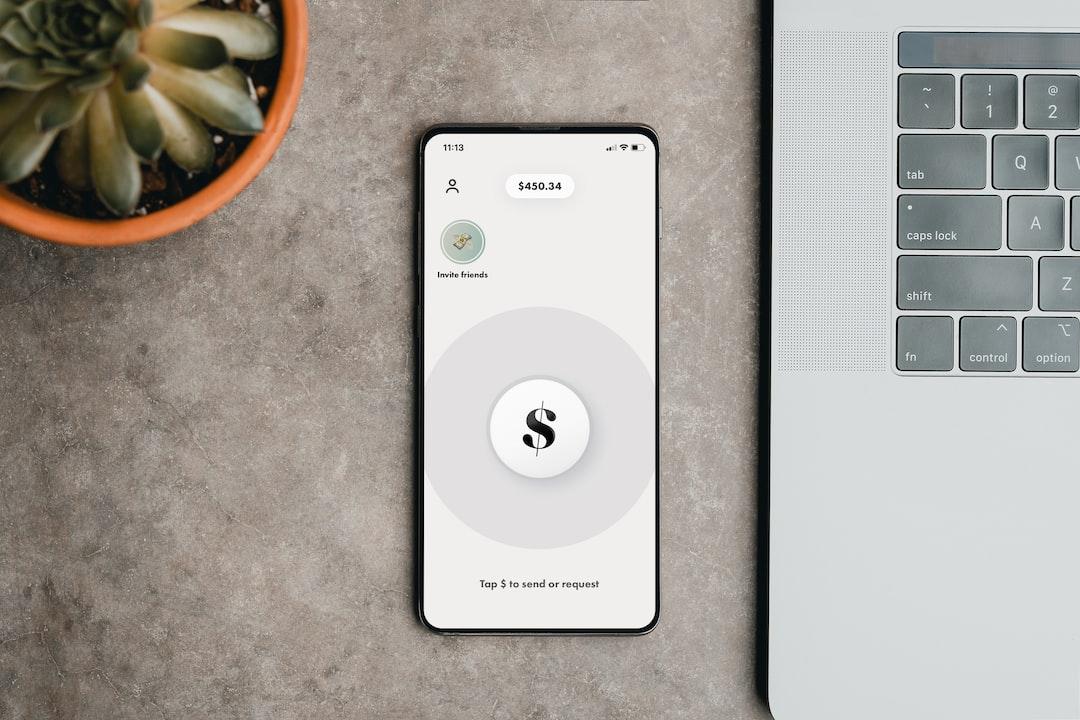Ondo Finance, the United States Treasury tokenization protocol, is anticipating the fusion of traditional finance and blockchain technology in the near future and is expanding its product offerings accordingly. Last month, the protocol established its first office in Hong Kong to extend its on-chain treasury offerings to investors in the Asia Pacific region. Nathan Allman, CEO of Ondo Finance, stated in an interview with Cointelegraph that tokenized treasuries offer several advantages over simply holding the underlying treasuries themselves. These tokenized treasuries can be transferred on-chain 24/7, including on decentralized and centralized exchanges and over-the-counter platforms. They can also interact with smart contracts, unlike Treasurys held in traditional brokerage accounts, enabling investors to benefit from DeFi while earning sustainable yield.
Ondo Finance currently offers three products: OUSG, which provides exposure to U.S. Treasurys; OMMF, which provides exposure to U.S. money market funds; and USDY, which offers a yield-bearing alternative to conventional stablecoins and is comprised of short-term Treasurys and bank deposits. These pools have a total value locked of approximately $186 million and offer an annual yield of around 5%. The underlying assets, U.S. Treasurys, are backed by the United States government and financed through sources such as income tax and corporate taxes.
Allman revealed that Ondo Finance plans to bring more than $100 trillion worth of securities on-chain in the near future, with cash equivalents being just the first step. Additionally, the company aims to address core infrastructure-layer challenges to facilitate the widespread creation and usage of tokenized securities on public blockchains.
Currently, Ondo’s tokenized assets are not available to U.S. investors due to regulatory uncertainties in the country. Non-U.S. users seeking to invest in Ondo’s treasury pools must pass a Know Your Customer and Anti-Money Laundering verification check and hold the tokenized assets for at least 40 days before transferring them. Allman explained that while there are no specific regulations for tokenized assets, the current structure of the products available in the tokenized market can be adequately covered under existing regulations and exemptions outside the U.S.
Hong Kong is one jurisdiction that is actively embracing real-world asset tokenization. The Hong Kong Monetary Authority recently outlined governance and risk management principles, asset segregation, outsourcing, disclosure, and Anti-Money Laundering and Counter-Financing of Terrorism requirements for tokenization firms in a letter dated February 20. These new rules are expected to come into effect in August.
In light of the tokenization wave, real-world asset protocols are outperforming DeFi blue chips.


